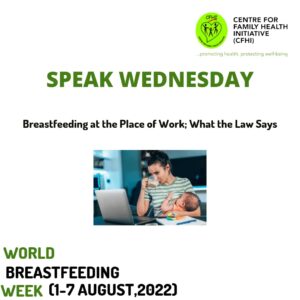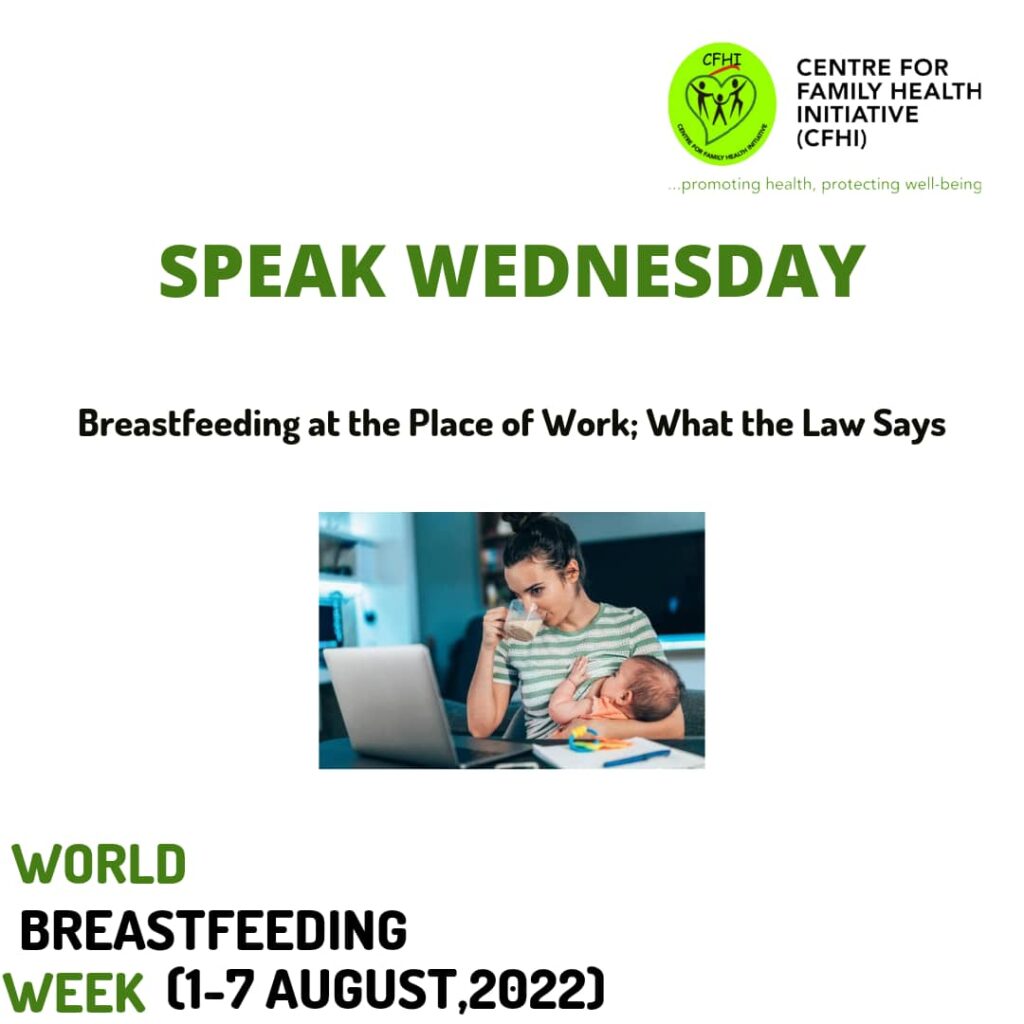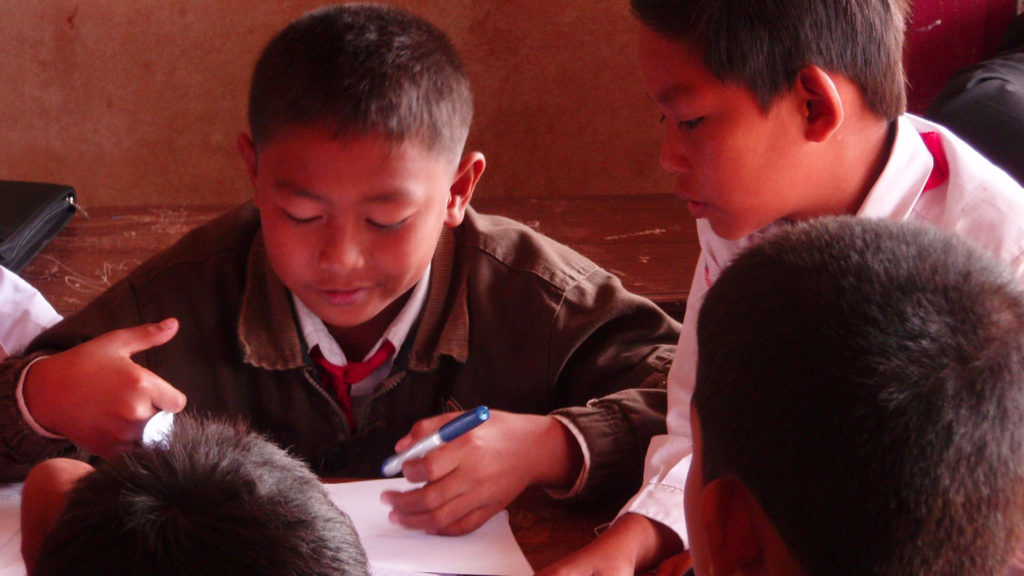
Breastfeeding is a process by which breast milk is fed to a child. According to World Health Organization, it is one of the most effective ways to ensure child health and survival, although nearly 2 out of 3 infants are not exclusively breastfed for the recommended 6 months. This is very common among female workers who are breadwinners and also nursing mothers.
Breastfeeding at the workplace poses a serious challenge to female workers in our society today.
Ordinarily, as Africans, nursing mothers feel nervous about breastfeeding in the public to avoid indecent exposure. Also, nursing mothers are treated unfavourably by some employers. Therefore, to preserve their job, most nursing mothers discontinue breastfeeding their children at an early stage.
What did the law say about the protection of nursing mothers?
In recognition of the recommended exclusive breastfeeding by the World Health Organization and the Ministry of Health, the Nigerian law provided in Section 54 of the Labour Act (Cap L1 LFN 2004) thus;
(1)In any public or private industrial or commercial undertaking or any branch thereof, or any agricultural undertaking or any branch thereof, a woman-
(d) Shall, in any case, if she is nursing her child, be allowed half an hour twice a day during her working hours for that purpose?
The implementation of this law will support employers to provide lactation rooms with standardized facilities at the workplace. More importantly, it will help promote the exclusive breastfeeding rate and lactation practice among female workers and protect working mothers from discrimination from their employers and colleagues.
Speak Wednesday is an initiative of CFHI to address issues around gender-based violence and gender bias.
#SpeakWednesday #WorldBreastfeedingWeek #BreastfeedingFemaleWorkers #GenderBias


